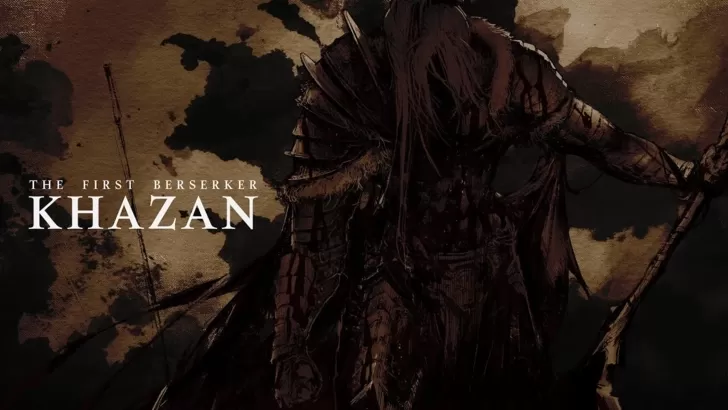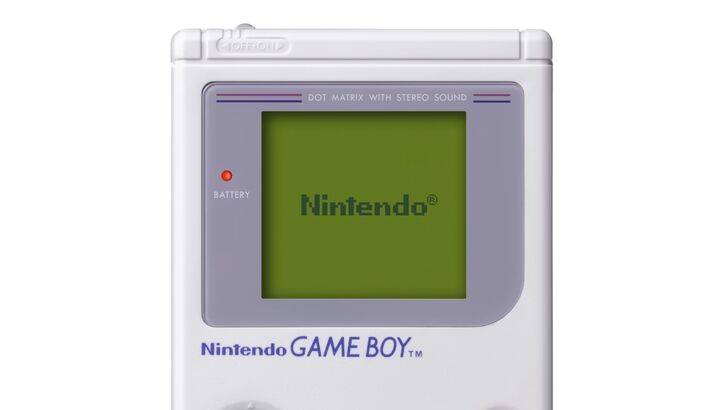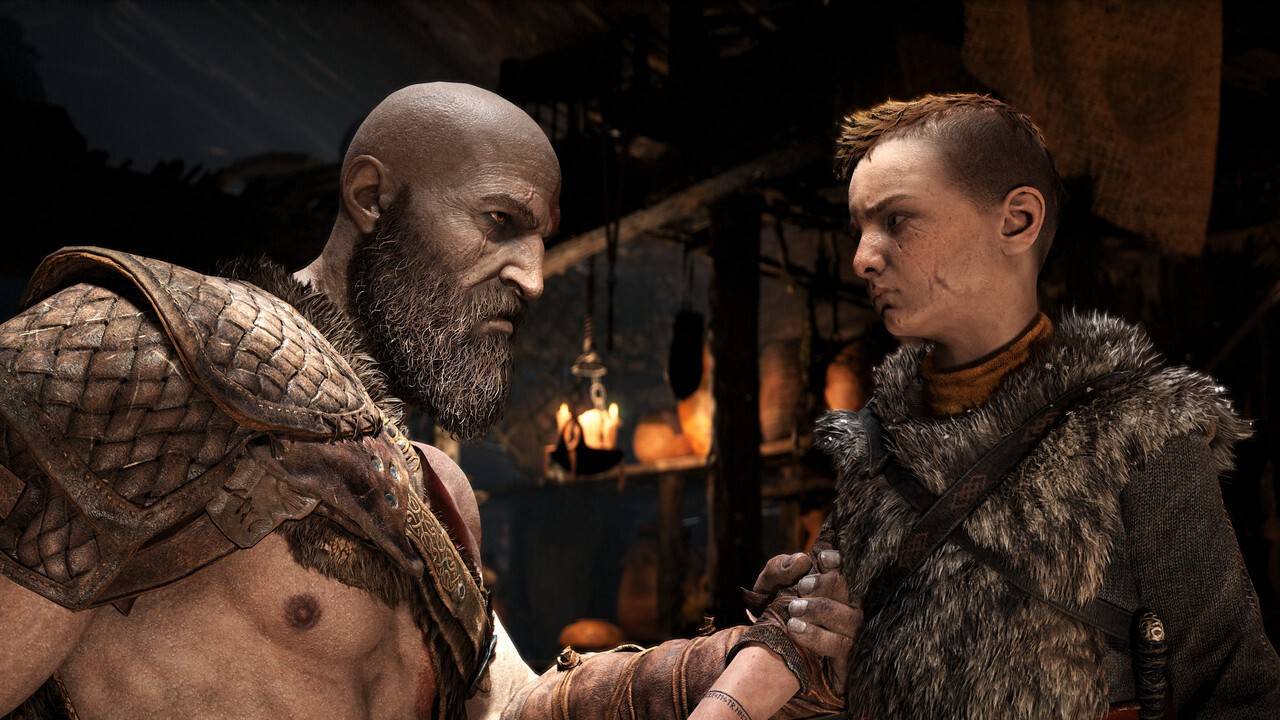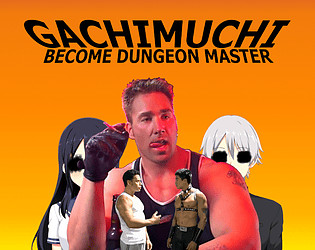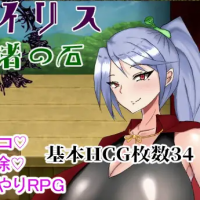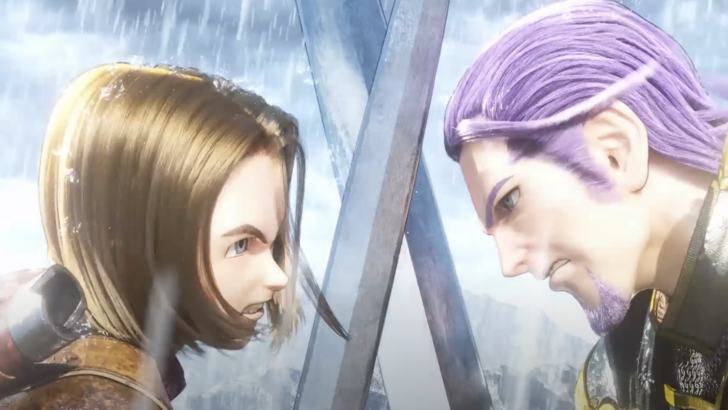
RPG veterans Yuji Horii and Katsura Hashino, directors behind Square Enix's "Dragon Quest" and Atlus' "Metaphor: ReFantazio," recently shared insights on the role of silent protagonists in today's RPGs, amidst the backdrop of evolving game development technologies.
Dragon Quest Creator Talks Modern Challenges of Using Silent Protagonists
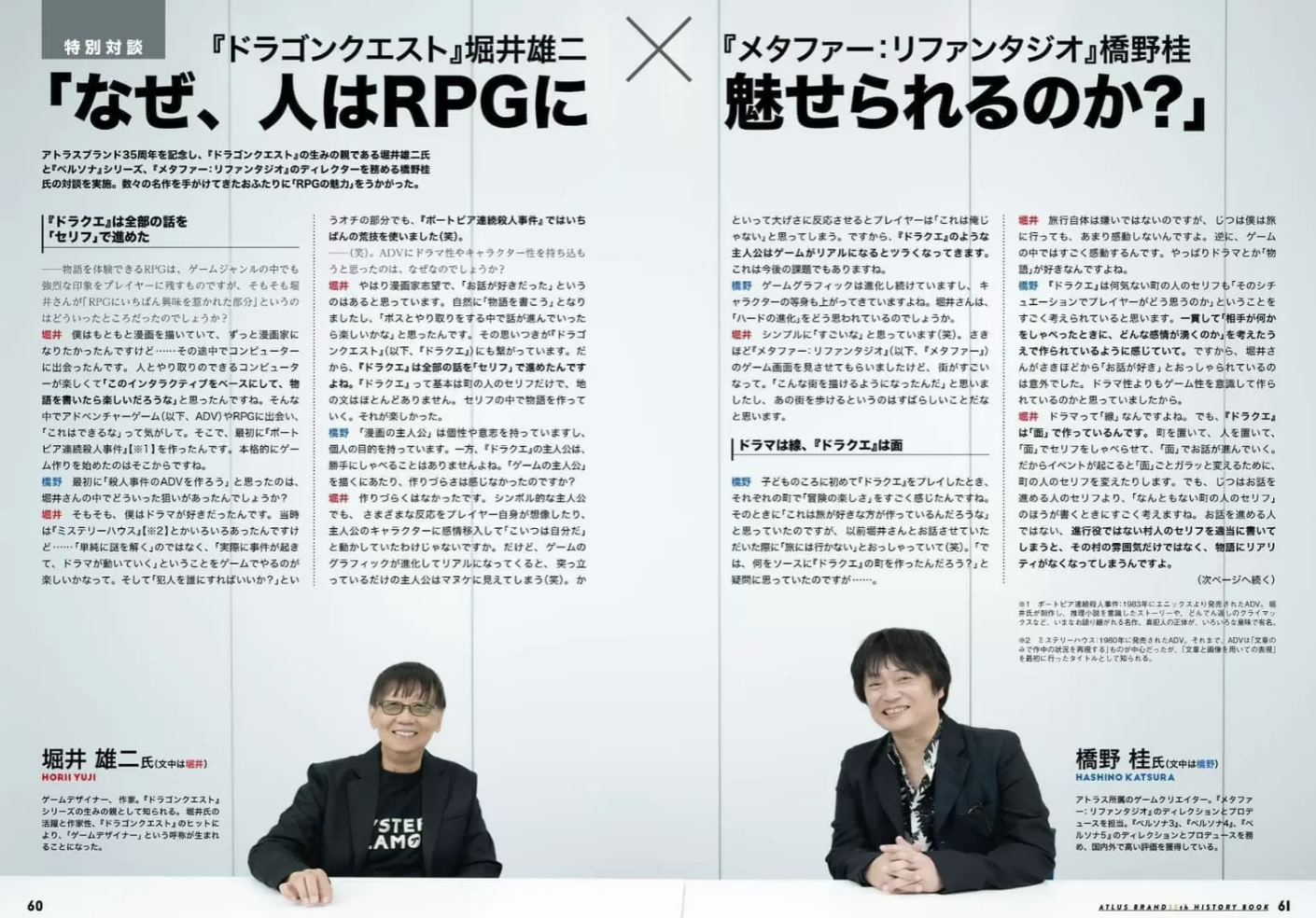
image (c) Den Faminico Gamer
Yuji Horii, the mastermind behind the beloved Dragon Quest series, engaged in a thought-provoking conversation with Katsura Hashino, the director of Atlus' upcoming RPG, Metaphor: ReFantazio. This exchange was highlighted in an interview excerpt found in the "Metaphor: ReFantazio Atlas Brand 35th Anniversary Edition" booklet. The discussion delved into the intricacies of storytelling in RPGs, particularly focusing on the challenges posed to series like Dragon Quest as video game graphics advance towards greater realism.
A hallmark of the Dragon Quest series has been its use of silent protagonists, which Horii refers to as "the symbolic protagonist." This approach allows players to project their own emotions and reactions onto the character, enhancing immersion within the game's world. Silent protagonists typically act as avatars for the player, engaging with the game environment through dialogue choices rather than spoken lines.
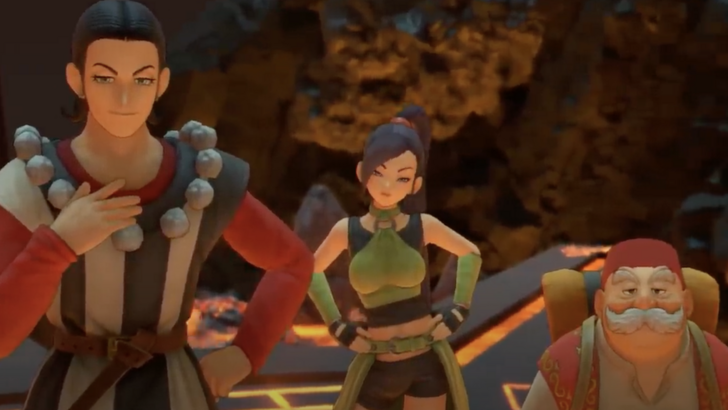
Horii reflected on how the simpler graphics of earlier games made it easier to implement silent protagonists. "As game graphics evolve and become increasingly realistic, a protagonist who just stands there can appear quite out of place," Horii remarked humorously.
Originally aspiring to be a manga artist, Horii's passion for storytelling and fascination with computers led him to the video game industry. Dragon Quest emerged from these passions, emphasizing story progression through interactions with game bosses and townspeople. "Dragon Quest is fundamentally about dialogue with townspeople, with minimal narration. The story unfolds through these conversations, which is what makes it engaging," he explained.
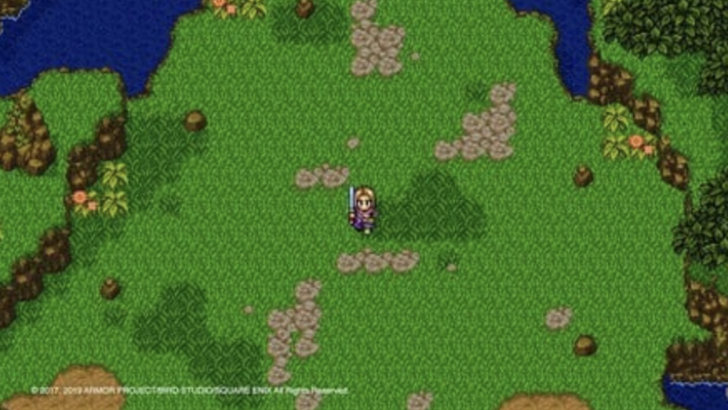
Horii recognized the increasing challenges of maintaining silent protagonists in modern games, where realistic graphics can make a non-reactive protagonist seem disconnected. In the early days of Dragon Quest, the limited graphics of the Nintendo Entertainment System (NES) allowed players to easily project their emotions onto the silent protagonist. However, as game visuals and audio become more sophisticated, Horii admitted that depicting silent protagonists becomes increasingly difficult.
"That's why, as games become more realistic, the type of protagonist featured in Dragon Quest becomes harder to portray. This will continue to be a challenge in the future," the creator concluded.
Metaphor ReFantazio Director Thinks Dragon Quest Puts Players' Feelings First

Dragon Quest remains one of the few major RPG series to employ a silent protagonist, who, aside from occasional reactionary sounds, remains mute throughout the game. In contrast, other RPG series like Persona have moved towards voiced protagonists in battles and cutscenes, a trend noticeable since Persona 3. Hashino's upcoming game, Metaphor: ReFantazio, will feature a fully voice-acted protagonist.
While Horii pondered the limitations of silent protagonists in modern games, Hashino praised him for the unique and emotionally resonant experience Dragon Quest provides. "I think Dragon Quest places a great deal of emphasis on how the player will feel in various situations," Hashino noted to Horii, "even with interactions involving ordinary townspeople. The games are crafted with the player's emotional experience at the forefront, always considering what emotions will be evoked by certain dialogues."

